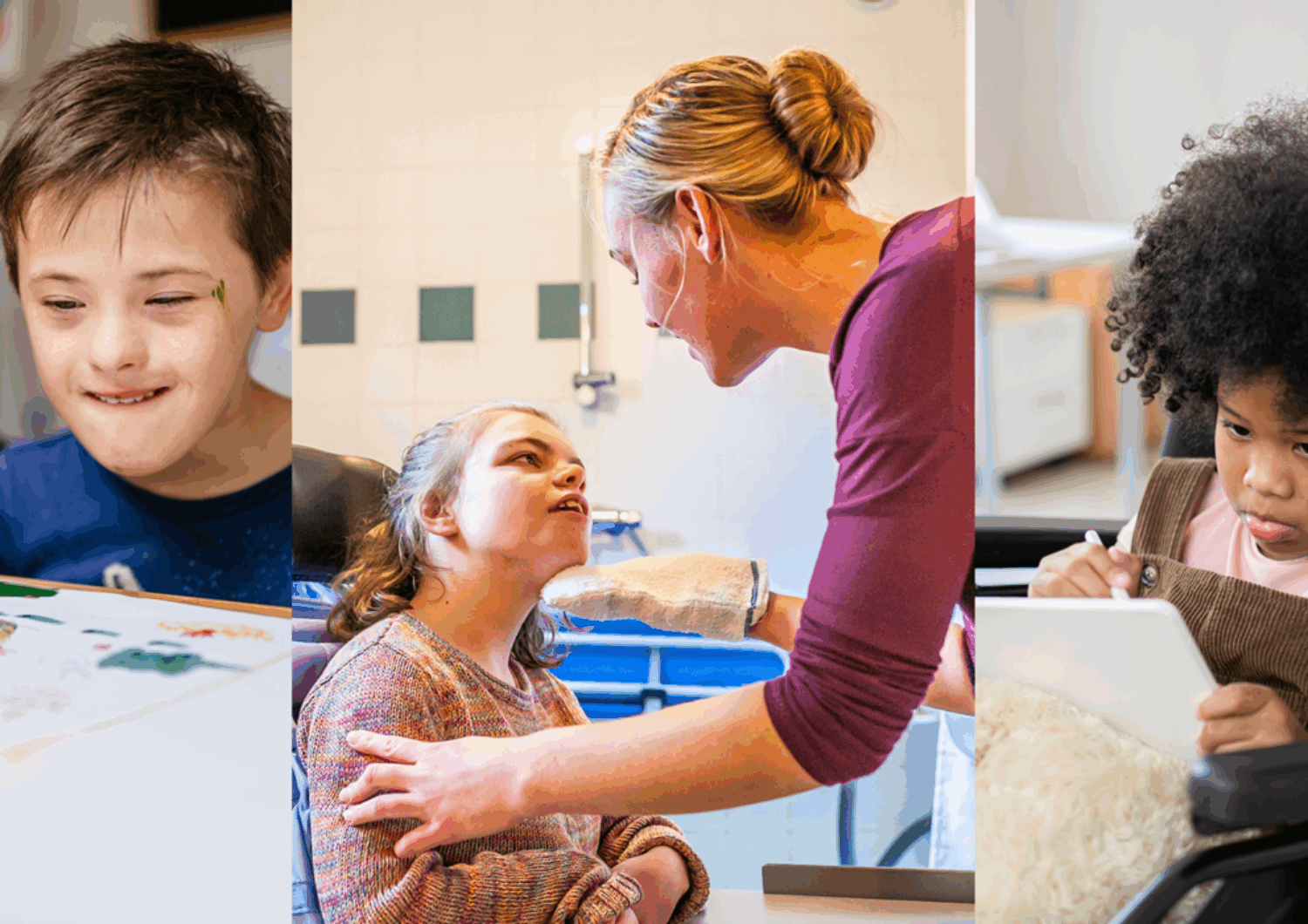
The programme is aimed at children and young people aged 11 years and over who have a long-term health condition and are likely to require ongoing support from adult services throughout their lifetime. It helps young people and their families prepare, plan and move from children’s to adult services.
The ‘Ready Steady Go’ transition programme is divided into three main stages: ‘Ready’ (red), ‘Steady’ (amber), and ‘Go’ (green), plus an introductory questionnaire for younger people and a ‘Hello’ questionnaire for young adults as they attend their first adult clinic. Each part of the programme explores the young person’s understanding of their condition and services that can support them.
‘Ready Steady Go’ also helps young people engage in their care and connect with their key worker. It gives them a better understanding of their condition and helps their key worker support them through the transition to adult services. Young people will be transferred to adult services when they are developmentally ready – and this is one of the key things ‘Ready Steady Go’ aims to improve.
You can see the ‘Ready Steady Go’ resources by stage below.
Scroll to the bottom of this page for more information about how The Lighthouse Child Development Centre is supporting young people as they transition from children’s to adult services.
‘Ready Steady Go’ in other languages
‘Ready Steady Go’ resources are available in other languages and easy read format on the Ready Steady Go website.
The research behind ‘Ready Steady Go’
‘Implementing transition: Ready Steady Go’ is an academic article highlighting the importance of a supported transition between children’s and adult services. It focuses on the Ready Steady Go plan as a successful approach to ensuring a good transition. Download and read the article.
Ready Steady Go transition programme resources
Introduction (11-12 years)
Download: Introduction to the Ready Steady Go transition plan
Ready (11 – 13 years)
Download: ‘Ready’ questionnaire
Steady (14 -16 years)
Download: ‘Steady’ questionnaire
Steady (16 – 18 years)
Hello (FIRST ADULT CLINIC)
Download: ‘Hello’ to adult services questionnaire
Parents and carers
Download: Parent/carer’s transition programme
Useful links – long term health conditions:
PEEER youth workers – here to support young people aged 11 to 25 who have a long term health condition
Transitioning to adult diabetes clinics
Diabetes: useful information for young adults
Transitioning to adult epilepsy services
Health Talk: short video interviews with people affected by health issues, sharing experiences from the patient perspective
Terrific Teens: digital stories from young adults, and their parents, about living with chronic conditions such as severe allergies, sickle cell anaemia, diabetes, inflammatory bowel disease
Useful links – young people’s mental health:
Kooth: free access to online counselling and an online community of young people
Young Minds: mental health charity for young people
Good thinking: mental health and wellbeing advice ,with specific resources for eating disorders and ADHD
Mind: a wide range of free information, resources and mental health support services
Mental Health Foundation: podcasts, videos, stories and other support if you are struggling with your mental health
Headspace and Calm are mindfulness apps, you can try both for free.
MeeTwo: A free, safe and anonymous mental health app for 11-25 year olds, with fully moderated peer-support
Useful links – life advice for children, teens and young people:
Health for Teens: sexual health advice
Talk to Frank: honest information about drugs
My Big Career: Charity with the mission to provide free one-to-one career guidance to young people from disadvantaged backgrounds and to break down barriers to social mobility
Supporting young people as they transition from children’s to adult services
Shared decision-making and Ask Three Questions
What is shared decision-making?
Shared decision-making ensures that individuals are supported to make decisions that are right for them.
It is a collaborative process through which a clinician supports a patient to reach a decision about their treatment.
The conversation brings together:
- the clinician’s expertise: treatment options, evidence, risks and benefits
- what the patient knows best: their preferences, personal circumstances, goals, values and beliefs
Research shows that encouraging patients to ask three questions leads clinicians to provide better information to a patient about their treatment and choices. These three questions are:
- what are my choices?
- what is good and bad about each choice?
- how do I get support to help me make the decision that is right for me?
Click the next two tabs for videos explaining why shared decision-making is important, and how clinicians can put shared decision-making into practice.